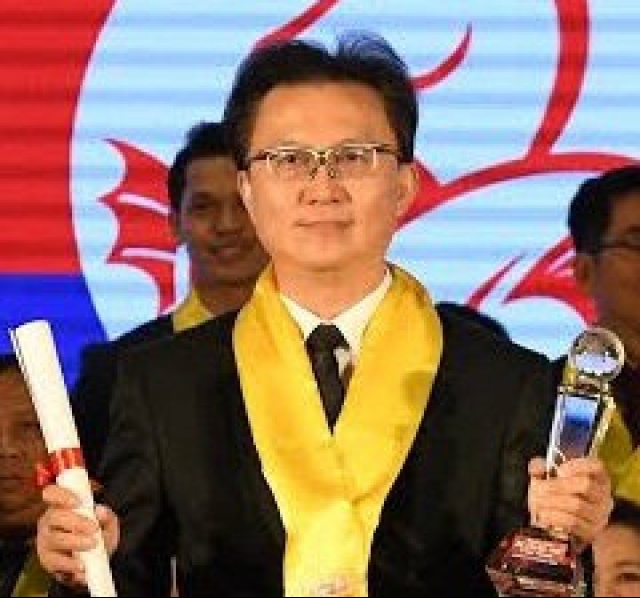Mr. Teo Seck Chuan, General Director of Seamaster Paint Vietnam, shared his views on the Vietnamese government's performance in its one year in office.

Mr. Teo Seck Chuan, General Director of Seamaster Paint Vietnam
What are your thoughts on the state of Vietnam’s business and investment environment over the last 12 months?
Economic growth in 2016 was lower than in 2015, mainly due to agriculture and mining. The manufacturing and processing industry continued to grow at a steady pace.
2016’s inflation rate, meanwhile, was higher than in the previous year due to public service prices being increased while core inflation was again stabilized below 2 per cent.
In 2017, growth has the potential to reach 6.7 per cent as long-term annual growth has continued to improve since 2013.
The recovery in global trade and economic growth, as well as commodity prices, promise a favorable 2017.
But inflationary pressures will mainly come from increases to public service prices and global price factors, with the latter estimated to add up 2.5 percentage points to inflation compared to 2016.
What are your impressions of Vietnam’s macro policymaking over the last 12 months?
Adopting a theme of “strengthened discipline, heightened responsibility, creative emulation, rapid and sustainable development”, the government has set out key solutions and tasks to meet the 2017 socioeconomic development plan and the State budget estimates in Resolution No.1.
Its main goals were stabilizing macroeconomics, controlling inflation, improving the business environment, encouraging entrepreneurship, developing businesses, enhancing productivity, quality, efficiency and competitiveness, restructuring the economy along with renewing the growth model, stepping up the realization of three strategic breakthroughs in socioeconomic development for 2011-2020, ensuring social security, welfare and people’s living conditions, carrying out cultural development, implementing democracy, ensuring a social balance, actively dealing with climate change and natural disasters, and enhancing the management of natural resources and protecting the environment.
It also focused on enhancing administrative reform, constructing a modern, professional, and dynamic administration, enhancing discipline and anti-corruption, tackling bureaucracy, enhancing the effectiveness of handling complaints and denunciations, improving national defense potential, ensuring national security, political stability, and sovereignty, improving the effectiveness of foreign affairs activities and international integration, creating a peaceful and stable environment for the country’s development, and enhancing information and communications work.
What should the government do to improve the business and investment environment in your view?
With the introduction of Resolutions No.19 and No.35, the government’s efforts in developing the State, improving integrity, and serving the people and businesses have had significant positive impacts.
The 110,000 newly-registered businesses last year show that the private sector truly is flourishing and gaining momentum.
A number of high-tech economic sectors are showing good signs. However, the slowdown in economic growth during the first quarter of this year is something to be concerned about.
Vietnam’s economy expanded less than anticipated in the first three months, with GDP at 5.1 per cent; slower than the 5.5 per cent in the first quarter of 2016 and the slowest in three years.
During the period, the industrial and construction sector increased 4.17 per cent year-on-year against 6.72 per cent.
The services sector recorded the highest growth, of 6.52 per cent, higher than 2016’s 6.13 per cent.
Therefore, the slowdown was mainly due to the industrial sector, with mining falling 10 per cent year-on-year and manufacturing and process expanding at a slower pace than in the previous two years.
For Vietnam to have 1 million operating enterprises by 2020, favorable conditions for the business and investment environment must be the top priority.
The government, therefore, needs to simplify administrative procedures, making tax payments easier, providing more convenient customs procedures, easing the task of capital borrowing, setting a reasonable interest rate, and supporting human resources training.
At the same time, it will also have to consistently maintain a stable macroeconomy to reassure businesses and provide favorable conditions for them to conduct investment and business development.
VN Economic Times